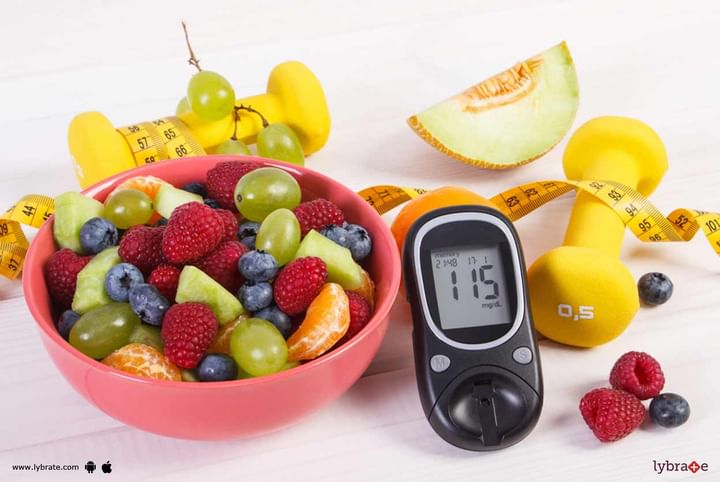Diabetes & Fruits - How Are They Correlated?
Can diabetes patients eat fruits?
It is a common understanding that fruits are not good for diabetic patients or they should not eat fruits, but is it really true? Almost all diabetic patients hesitate to eat fruits, as they consider them to contain sugar and since they already suffer from high sugar, they believe that eating fruits will spike it further.
Does diabetes mean excess sugar in blood?
No, diabetes means excess glucose in blood, not sugar. So, what's the difference? The difference is that all sugars are not glucose. Glucose is just one type of sugar and the only sugar that can cause diabetes. Glucose is present in most of the food that we eat. It is highest in white table sugar, processed & packed food items and grains like rice & wheat.
Which kind of sugar is present in fruits?
Fruits contain a type of sugar known as fructose. Fructose is a simple sugar like glucose. However, it acts very differently as compared to glucose, and it does not mix with blood, as glucose does. Also, it is stored in the liver. Therefore, Fructose acts as stored sugar and not as instant sugar like glucose. Some fruits also contain glucose, but it is present in much lower quantity, which is not responsible for increasing the blood glucose level. Remember, glucose is the energy or fuel for the body and even diabetic patients need it. But certainly not in excess.
Fruits & diabetes:
- Fruits, having fructose, do not increase the level of blood glucose and because of this, fruits are not only safe for diabetic patients but they also help in lowering the level of glucose.
- Fruits also come packed with so many useful vitamins and minerals, that maintain the nutritional balance of the body.
- Moreover, fruits provide a good dose of soluble fiber helps in lowering the level of glucose in the blood.
Conclusion -
Diabetic patients must not hesitate to eat fruits but they must eat 3 different types of fruits every day, including one citrus fruit like orange & sweet lime.



+1.svg)
